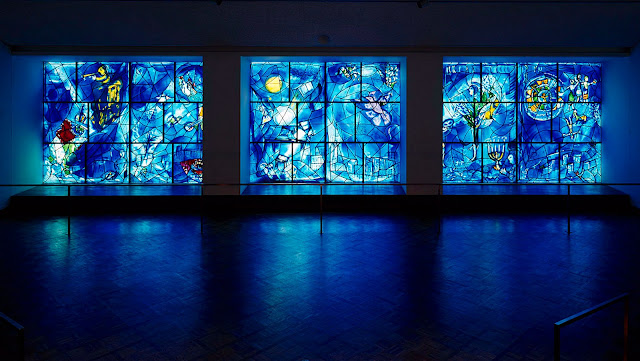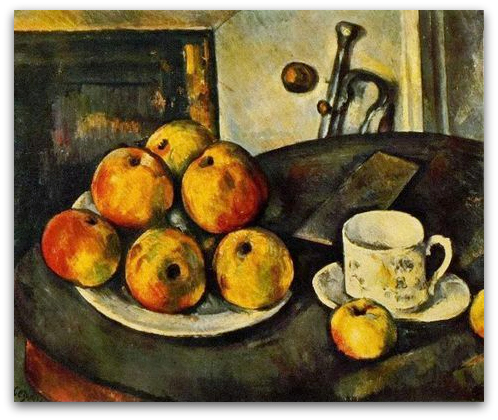-
-
The way I want Christmas is withdrawn, but attentive, and giving. Like a woman. During holiday hullabaloo the thrusts of commerce, and even sometimes of the church, impose upon the quiet of inner space. Any day of the year, whether in a state of joy, sorrow, or even turmoil, I want to rise and fall gently on the day's currents--nose flared, eyes raised, hands unclasped, ears unlocked. But some of the air is raucous, rank, deafening, false, and deadening. At home I pull down Christmas tubs and unsnap lids. Out with the ribbons and glitter spirals the remembered scent of oranges studded with cloves. It is a woman’s fragrance, the earth. My mother.
And out comes the 1955 Christmas songbook, dull matte blue with worn embossed singing angels on the cover, its spine reinforced with duct tape by my father. Mom’s dark eyes ignite in candlelight at the mahogany piano, and blue-ridge vein rivers roll over her knuckles while she plays
Go Tell It on the Mountain. Hip-to-hip on the needlepointed piano bench we sit where she has also taught me to play in hours of tearful frustration. But as if turning out the lamps and lighting the tree and candles illuminates a different piano and alternate faces, during these easy-going Christmas carol hours there is no tension, no mother-daughter resistance or pride. She plays and plays, and I sing, and turn the page to the next. The music floats in flakes of effortless snowfall. Many songs are foreign, strange, and special, never appearing in a church hymnal. They are haunting in their folk lyrics and minor keys. They are of woods and tender brown animals. They bloom with holly leaves and stars. They rasp with bagpipe and fiddle. They are blue, cold nights of Croatian shepherds, French rushes of wings, and a hand hewn rocking cradle of Czechoslovakia. They are whisper-sung by a woman in front of a fire, baby at her breast, fat cheeks aglow and rosy-warm, drinking the quieting calm that streams from inside a woman. Christmas is my mother’s lullaby.
TO SAY BEFORE GOING TO SLEEP
I would like to sing someone to sleep,
to sit beside someone and be there.
I would like to rock you and sing softly
and go with you to and from sleep.
I would like to be the one in the house
who knew: The night was cold.
And I would like to listen in and listen out
into you, into the world, into the woods.
The clocks shout to one another striking,
and one sees to the bottom of time.
And down below one last, strange man walks by
and rouses a strange dog.
And after that comes silence.
I have laid my eyes upon you wide;
and they hold you gently and let you go
when something stirs in the dark.
~ Rainer Maria Rilke
(from The Book of Images, translated by Edward Snow in 1991)
Sleep, little Jesus, my treasure, my blessing,
While Mary comforts Thee, tender, caressing.
Lullaby, little one, in loving arms lying,
Guarding my darling and stilling Thy crying.
~ Polish Lullaby
(translated by Henry W. Simon)
from my mom's Treasury of Christmas Songs and Carols
,
which I posted about previously here
Please listen to Edyta Górniak tenderly whisper-sing this lullaby in Polish, called 'Lulajże Jezuniu', here
-




















































